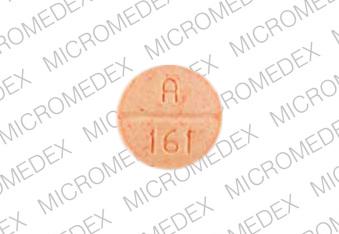Pemoline Interactions
There are 109 drugs known to interact with pemoline, along with 11 disease interactions, and 2 alcohol/food interactions. Of the total drug interactions, 17 are major, 90 are moderate, and 2 are minor.
- View all 109 medications that may interact with pemoline
- View pemoline alcohol/food interactions (2)
- View pemoline disease interactions (11)
Most frequently checked interactions
View interaction reports for pemoline and the medicines listed below.
- Augmentin (amoxicillin / clavulanate)
- B-50 Complex (multivitamin)
- Bactrim (sulfamethoxazole / trimethoprim)
- Betaseron (interferon beta-1b)
- Celexa (citalopram)
- Copaxone (glatiramer)
- Curity Alcohol Preps (isopropyl alcohol topical)
- Dextrose (glucose)
- Dulcolax (bisacodyl)
- Emsam (selegiline)
- Fish Oil (omega-3 polyunsaturated fatty acids)
- Flonase (fluticasone nasal)
- Focalin XR (dexmethylphenidate)
- Gabitril (tiagabine)
- Librium (chlordiazepoxide)
- Metoprolol Succinate ER (metoprolol)
- Mexitil (mexiletine)
- Nicoderm CQ (nicotine)
- Omega-500 (omega-3 polyunsaturated fatty acids)
- Opium Tincture, Deodorized (opium)
- Paracetamol (acetaminophen)
- Rexulti (brexpiprazole)
- Senna Lax (senna)
- Spiriva (tiotropium)
- Trintellix (vortioxetine)
- Valerian Root (valerian)
- Vitamin B6 (pyridoxine)
- Webcol Alcohol Preps (isopropyl alcohol topical)
- Yohimbe (yohimbine)
Pemoline alcohol/food interactions
There are 2 alcohol/food interactions with pemoline.
Pemoline disease interactions
There are 11 disease interactions with pemoline which include:
- agitation
- cardiac disease
- hypertension
- psychiatric disorders
- substance abuse
- tics
- liver disease
- renal dysfunction
- liver disease
- renal dysfunction
- seizure disorders
More about pemoline
- pemoline consumer information
- Compare alternatives
- Reviews (19)
- Drug images
- Side effects
- Dosage information
- During pregnancy
- Drug class: CNS stimulants
Related treatment guides
Drug Interaction Classification
| Highly clinically significant. Avoid combinations; the risk of the interaction outweighs the benefit. | |
| Moderately clinically significant. Usually avoid combinations; use it only under special circumstances. | |
| Minimally clinically significant. Minimize risk; assess risk and consider an alternative drug, take steps to circumvent the interaction risk and/or institute a monitoring plan. | |
| No interaction information available. |
See also:
Further information
Always consult your healthcare provider to ensure the information displayed on this page applies to your personal circumstances.


